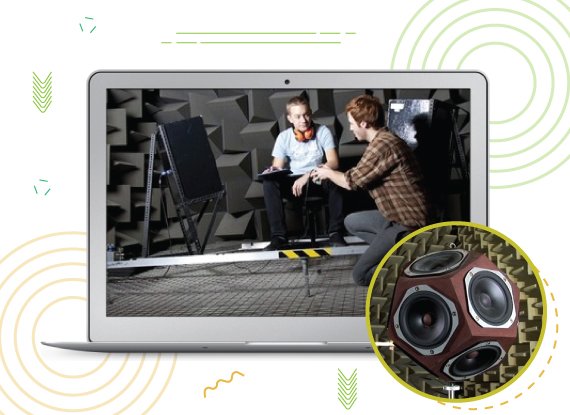The Job Description of Acoustical Engineers
Acoustical Engineers are the personnel who measure, quantify, and analyze vibration and sounds. They have a huge variety of industries in which they work including manufacturing and horticulture. The duties of an Acoustical engineer varies from one job to another, but they perform the common jobs. The jobs are highlighted in our online help with assignment for Acoustical Engineering as follows:
- Understanding the fundamentals of vibration acoustics, noise control, engineering acoustics, and digital signal processing
- Engaging in data modeling, collection, and post-processing
- Strategizing to find cost-effective solution related to a project
- Conducting field measurements
- Drafting technical reports outlining results, methodology, and recommendations
- Preparing project funding proposals
- Creating and submitting for case studies, research, and whitepapers
- Managing several clients and projects
- Attending meetings with design teams and clients
- Understanding regulatory code across industries because they are related to noise
- Interpreting and explaining design issues by creating and visualizing visual demonstrations
The Demand for Acoustical Engineers
Acoustical engineers are high in demand mainly in the environment sector and in the next five years, huge growth is expected. Some figures show that the demand for Acoustical Engineers is much higher compared to standard engineering jobs. With national, local, and international standards, you can easily find jobs quite easily. You can find a job in environmental science that assess the effect of noise pollution.
A huge growth for the sound engineers is there in the entertainment industry. The requirement for improving sound quality with entertainment arenas and recording studios form a large part, however, there is a need to minimize its impact on residential areas.
Educational Qualification for Acoustical Engineers
There are some degrees that specialize in Acoustical Engineering. You can pursue an undergraduate engineering degree and later on specialize in Acoustical Engineering. You should be highly proficient in physics and Maths. Electrical Engineering is a must in an undergraduate degree if you want to pursue further study.
You can also find a job with a BA/BS degree. To improve your chances of employability and to make yourself marketable, you should opt for a postgraduate qualification. Many entry-level jobs need a Master’s degree. As stated in our Acoustical Engineering assignment help that for a research or a teaching job, you need a Doctorate.





 3 Bellbridge Dr, Hoppers Crossing, Melbourne VIC 3029
3 Bellbridge Dr, Hoppers Crossing, Melbourne VIC 3029

